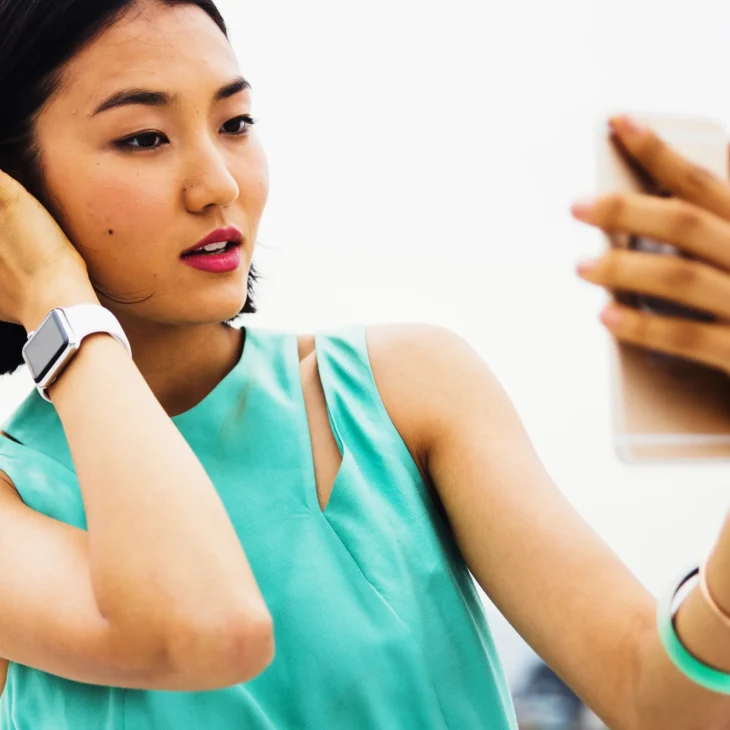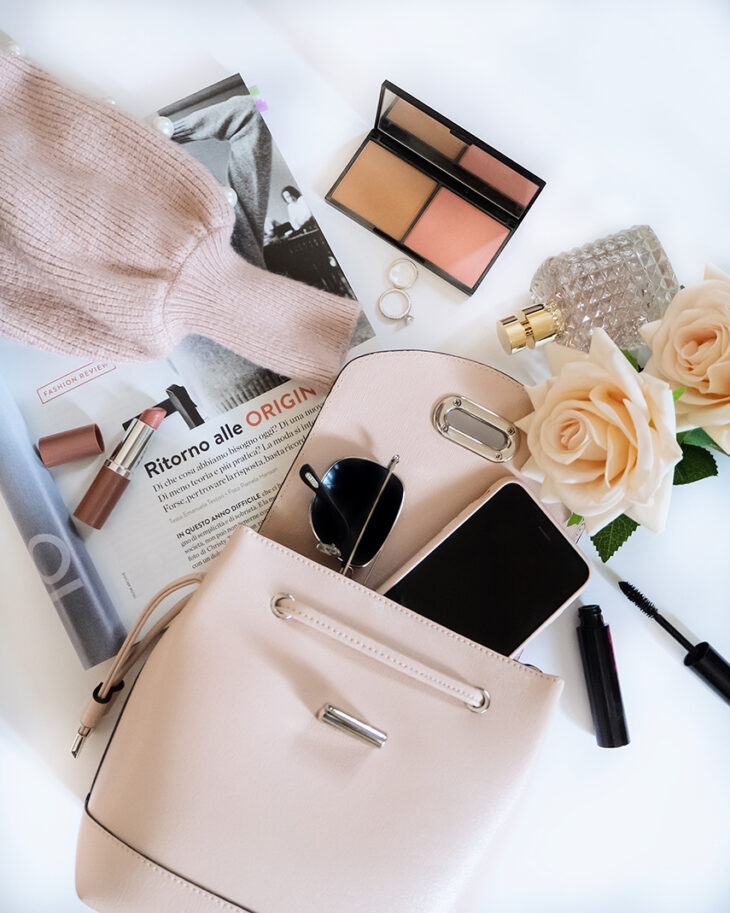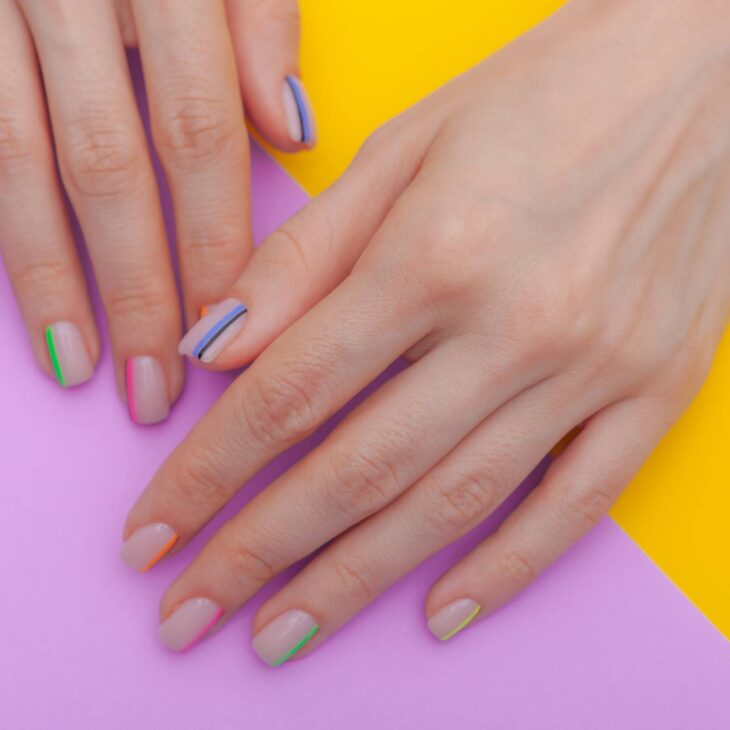The internet and social media have kickstarted a tremendous wave in the beauty industry and altered the world of cosmetics forever. As vast as the beauty industry is, ranging from health and wellness products to skincare, hair care and make-up products, social media has revamped the marketing game of beauty products to a whole new level. The digital revolution is responsible for amplifying body positivity movements and breaking conventional beauty standards. This has further paved the way for newer varieties of beauty products suitable for individuals of all sizes and complexions. Social media isn’t just a platform for beauty brands for brand promotions but also their ticket to appeal to consumers all over the world in the most suitable way. Social media has made sure that both small scale and large scale businesses get an equal shot to prove their worth to consumers. Competition between beauty brands has increased massively and the creative aspect of marketing campaigns has become a crucial factor in determining the success of a beauty brand. How has the world of social media changed the course of the beauty industry? What do these recent developments mean for the beauty industry and its consumers around the world?

Source: nytimes.com
Decades ago, the beauty industry was restricted to a certain class of society, the entertainment industry, and the field of fashion. Social media has made the world of cosmetics accessible to anyone as long as they have a proper internet connection and a social media account. Social media platforms have given rise to social media influencers who can offer tutorials and educate consumers on the use of these beauty products. They have a role in normalising skincare and the use of makeup products in daily life. The social media era has led to a newfound respect for the art of makeup. This has further benefited the profession of make-up artists and influencers around the world and uplifted the status of their professions.
Social media has reduced the distance between brands and consumers. Beauty brands now have a better chance to pay attention to consumer feedback. This has helped beauty brands to align their new product preferences with that of consumers. For example, there are consumers who prefer a certain colour of lip gloss or a particular variety of blue nail polish from Sienna.co or prefer environment-friendly products. Beauty brands can make targeted efforts to appeal to their target customers and plan their marketing strategies accordingly. All these varying preferences give rise to more varieties of products to the point that there is always something for everyone.

Source: globalspaonline.com
Social media has made it possible for small scale beauty brands to thrive as it has made marketing possible online. Beauty entrepreneurs have the option to start their business from their homes, market their products online and receive orders through social media, ship their products and gradually develop their business.
Social media has played an important role in revolutionising the concept of beauty itself. Beauty brands no longer have an upper hand in defining beauty. For example, the campaign against ‘fairness and skin-lightening products’ has pushed some brands to even change their names and start endorsing products meant for all skin colours. Beauty is no longer restricted to a fair-skinned, size zero woman but it has expanded to all skin complexions and body sizes and has travelled beyond the gender binary itself. Beauty products are not just for women anymore but for everyone. This has increased the consumers for beauty products and led to the rise of new styles and whole new lines of products for different audiences.
Social media influencers play a huge role in the success of the beauty industry. The product tutorials and endorsements carried out by influencers are received by a large audience from all over the world. The creative tutorials posted by these influencers inspire audiences who otherwise may not possess the knowledge required to use these products effectively. Social media influencers are hence a relevant part of the marketing campaigns of beauty brands. Apart from this, brands also encourage consumers to share their feedback on beauty products on social media and conduct contests and giveaways too. Creativity is a way to engage customers and social media management and influencing is a mandatory process for all competitive beauty brands. This is also one of the reasons why job opportunities associated with social media sales is steadily increasing in the beauty industry.

Source: businessoffashion.com
Social media influencers are however only a part of the massive social media campaign that a beauty brand undertakes. Social media serves as a platform suitable for a sales-driven campaign by creating highly engaging and convincing content and making sure that it reaches the target audience. It is also possible to generate sponsored ads to attract customers through social media channels like Facebook and Instagram. Brands have the option of calculating their customer engagement and even predicting the course of their businesses in advance. Brands also have the chance to understand what really works for their customers and alter their product features accordingly. A beauty brand’s success is dependent on the trust it inspires in its customers and such a level of credibility can only be achieved through consistent hard work and loyalty to customers.
There are high levels of competition between brands to stay authentic. So in order to stand a chance, brands need to be at their best. Beauty, as a social construct is ever-changing. Hence, the beauty industry is required to stay up-to-date with not only the current beauty trends but also the social fabric which affects their customers. For example, some programmes conducted by beauty brands are highly creative and commendable and this includes their collaboration with social issues.
The onset of social media has also encouraged the beauty industry to become more accountable in its endeavours, as consumers now have the power to manoeuvre a beauty brand’s future in the market.
